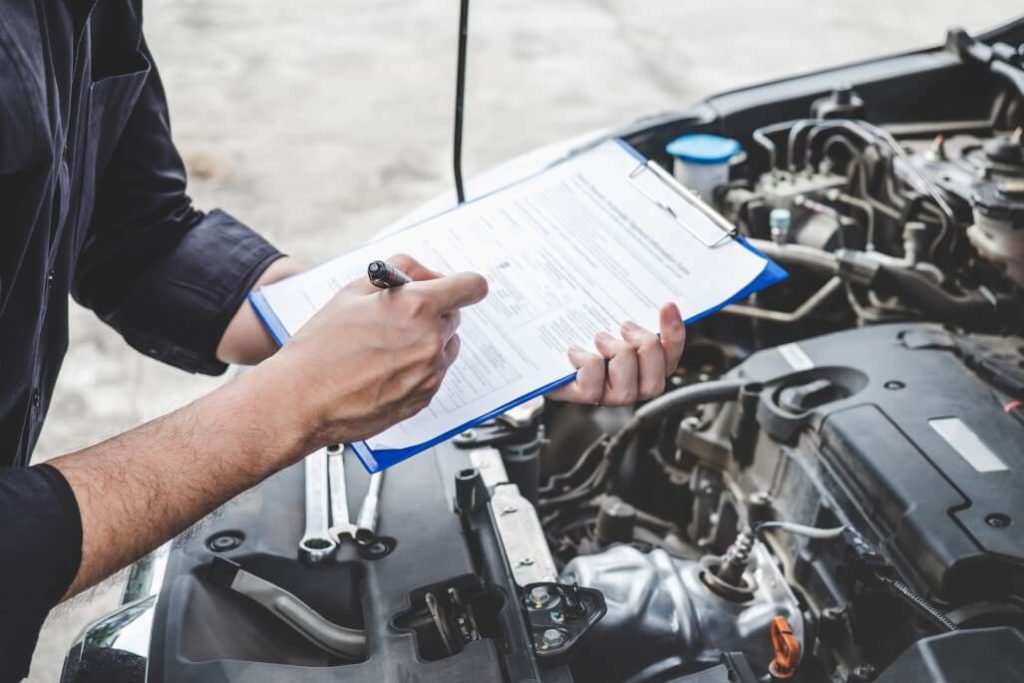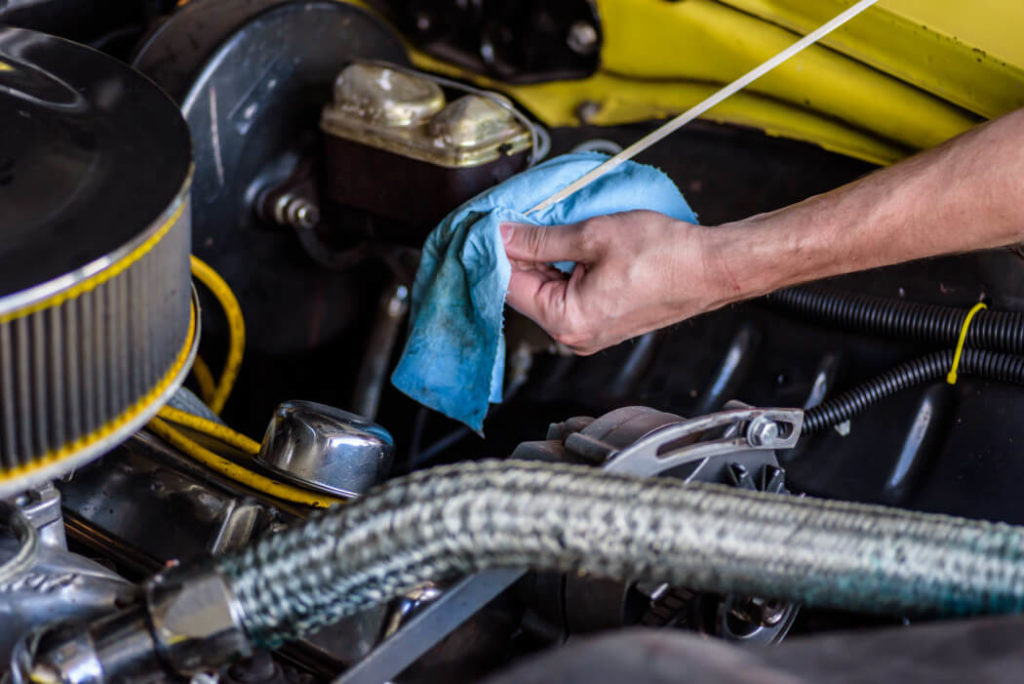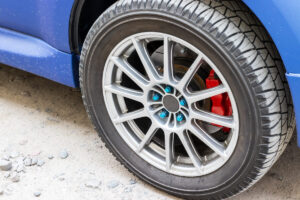Buying a used car saves tons of money, but the last thing you want is to get one and be drowned in repairs. It’s best to take a used vehicle to a mechanic right after buying it so you know what needs to be fixed before commutes, long drives, and around-town cruising.
After you buy a used car, ask your mechanic to inspect the transmission, engine, fluids, tires, and suspension system. Topping off the fluids and replacing the tires can make a big difference, but repairs under the hood are more than necessary. Have them do a tune-up to make the car road-ready.
In this article, we’ll talk about what repairs inside and outside of the vehicle can bring your used car up to speed. We’ll also discuss why they should check the fluids, how to know if you’re getting a good deal, and what to ask the mechanic.

What Mechanical Components Need to Be Checked?
Getting a used car can be nerve-racking if you don’t know what to look for. The good news is you can bring it to a reputable mechanic to have a multi-point inspection and tune-up.
Here’s a list of mechanical components that’ll require immediate inspection:
- Have your mechanic check the vehicle’s transmission and engine. Your vehicle’s transmission is responsible for accelerating, so it’s useless without it. A transmission inspection ensures the part is in good condition and has the proper fluid levels. A full engine inspection should include the fuel intake and combustion system, too.
- Don’t forget to inspect the used car’s suspension. Without a proper suspension system, your vehicle will screech and scrape around town. Furthermore, it can put overwhelming pressure on the brakes and wheels.
- Tell them to look at the timing belt or chain. Most modern Subarus and BMWs use timing chains, but older models still have timing belts. Either way, they’re crucial because the vehicle can’t function without them.
- Test the air conditioning and heating systems. You wouldn’t want to be trapped in a hot car without a way to cool down. A quick inspection will show if anything needs an upgrade.
- Make sure all of the powered components work (powered windows, adjustable seats, stereos, battery, spark plugs, etc.). The battery and spark plugs are essential for powering all parts of the vehicle. Remember to have the mechanic check the alternator, too. It provides power to everything once the car is on.
- Check the brakes and rotors. Worn brake pads, broken rotors, and rust can be extremely hazardous. Have your mechanic take a look before hitting the road.
- Replace the air filter if it’s dirty. Drive Tribe shows how important it is to replace a dirty air filter. It can prevent the vehicle from overheating and sending poor air quality throughout the car.
Other suggestions include checking the sound system, pedals, and axles.

What Needs to Be Inspected Outside of the Vehicle?
Once your mechanic has fixed everything inside the vehicle, it’s time for them to take a look at the outside. Let’s dive into a handful of suggestions below.
Look for Bumps, Dents, or Scratches
Most of these issues are cosmetic, so it’s up to you to decide if they need to be repaired. However, all of them can worsen, reducing your vehicle’s resale value. It’s best to have them replaced as soon as possible.
Check the Latches, Headlights, and Taillights
Window and door latches can fail, making it hard to open and close them. Make sure you check if the child locks are set. Your mechanic can handle latch issues and anything related to the external and internal lights. Remember, driving without headlights, taillights, and brake lights is usually illegal.
Inspect the Tires and Wheels
New tires make a used vehicle look much better. Have your mechanic check if they need air, patches, or replacements. The wheels shouldn’t be forgotten, either. Proper support ensures your vehicle stays safe and creates top-notch traction with the road.
Consumer Reports notes your mechanic should elevate the vehicle and check everything below it, including the oil pan, exhaust pipe, and more.

Changing Fluids On a Used Car
Switching the fluids can make a significant difference in a used vehicle’s performance. Using old, saturated, low-level fluids can cause a ripple effect that ruins the car. For example, poor transmission fluid can make the transmission slip, costing you thousands of dollars.
Keep these three fluids in mind:
- Have them top off the coolant and look for leaks. Coolant helps lower the engine’s temperature, among other things. Your mechanic should look for leaks in the hoses, radiator, and coolant reservoir. Have them check the radiator cap for cracks, too.
- Change the oil as soon as possible. Your used car’s oil is likely old because most people don’t replace it before selling the vehicle. If the oil isn’t in good condition, there won’t be enough lubrication to prevent overheating. New oil is relatively inexpensive and an easy choice for used vehicle owners.
- Ask your mechanic to look at the vehicle’s transmission fluid. Auto List explains all fluids need to be topped off or replaced since they’re crucial to your car’s functionality. Old transmission fluid will look grimy and could contain metal shavings. Have them check or replace the fluid accordingly.
As you can see, fluids are the lifeblood of a vehicle. If they’re in poor condition, your car will react poorly. If they’re in excellent condition, your vehicle will react excellently. Your mechanic will know which fluids to look for, but it’s best to have everything replaced and topped off to give your used car a new start.
Conclusion
Now that you know what to ask a mechanic for after buying a used vehicle, you can get your car ready to go. Nothing’s better than peace of mind, especially if you’re unsure what might be wrong. Whether you have a BMW or Subaru, SL Autoworks can help you find everything you need to fix your used car and make it like-new.



